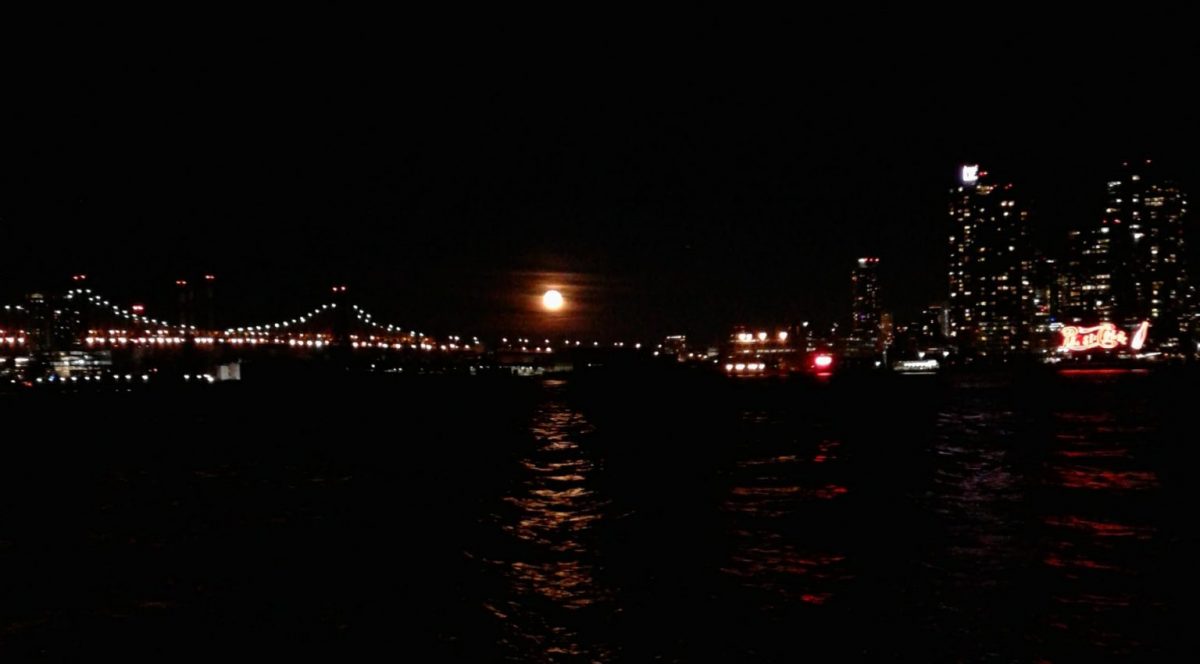- Pollen’s thesis regarding what he calls the “omnivore’s dilemma.”
- Wallace’s thesis in “Consider the Lobster.”
- Your thesis on personal food choices.
Category: Assignments
Consider the lobster.
Write a short reflection on the reading. What is the author’s thesis? What is your thesis on the matter?
Do you think about the cruelty to animals that you eat or do not eat?
Is this a matter of morality, ethics, justice?
Do some google research on evolution and man’s eating of animals. Cooking. Agriculture.
Vocab for Pollan
- Dilemma —
a dilemma is when a difficult choice has to be made between at least two possibilities,
usually equally undesirable possibilities - Omnivore —
a person or animal that can eat both plants and animals for food (The worksheet for Pollan further defines terms like vegetarian, vegan, herbivore, and carnivore.) - Ethical Decisions and Responsibility —
the process of evaluating and choosing something with the desire to do what is right regardless of the cost - Consumption (food and in general) —
the using up of a resource (food or other materials); the total amount of food that is available to eat in a town/state/nation; the total amount of food a person eats; - Conviction —
a firmly held belief or opinion - Production and/or Products —
the process of making something - Moral Justifications —
a process of evaluation where a person attempts to make a morally questionable act seem right - Culture —
the customs of a particular people, nation, or other social group
Here’s a “multi-modal text.”
This “text” presents information on the infection rate of the corona-virus in the different states of the U.S. It does not show the total number of cases in each state.
Take a look and ask yourself: what do we know about “rate of infection”? How would you write in words what this chart shows? How does this graphic informational chart succeed in informing its audience? Who is the audience for this chart? Do you need any special knowledge to understand it? What discourse community does it communicate with?
Article on how countries can prevent spread of pandemic and other articles from media worth reading
This is an interesting article on successful strategies for countries to control the corona virus spread.
https://www.nytimes.com/2020/04/14/world/asia/coronavirus-china-fang-fang-author.html
Here is an article on a person who wrote a blog from Wuhan in China.
And here’s an article on the not so great idea of social distancing on your private yacht.
First reflections on Pollan’s concept of Omnivore’s Dilemma
What is the concept of the “omnivore’s dilemma”? Look at the definitions of the words. What is the hard choice?
What are the economic conditions that Pollan’s argument takes for granted? How has modern technology, agriculture, and distribution changed the way we eat?
What is your understanding of the modern food supply? Re-read this article with this question in mind.
Does Pollan’s general view apply to people in poverty? Use your knowledge of other countries to reflect on the difference in food and eating in different countries.
Do you agree that in modern, developed economies, there is an abundance of food and food choices?
What is your view on the ethical treatment of animals? Do humans have a “right” to kill and eat other animals? Are human beings a special animal with a higher status? How does the religious view, that man is created in the image of God, give man a special right to “be fruitful and multiply?” Does this include eating other animals?
Compare the Darwinian view of man and nature. If there is no god, but survival of the fittest, in what way does this support the “right” to eat meat? Under what circumstances does survival of the fittest make it a wise choice to stop eating meat?
Wilentz says that the abolition of slavery was NOT inevitable.
“Against slavery’s millennia, the struggle to abolish it came abruptly. By the end of the succeeding century, against slavery’s immense and unyielding power, it had largely succeeded. As a spiritual as well as political endeavor, it is one of the most, if not the most astonishing unfolding of the unforeseen in all of recorded human history. Yet it is too often at best consigned to the inevitable, as something that was bound to happen as if in the natural unfolding of progress. At worst, it is pushed to the margins, as if slavery’s abolition came about without abolitionists, without politics, let alone without rebellious slaves—the byproduct, as some accounts say, of impersonal, amoral economic forces, or the unintended outcome of white people’s selfish squabbles over policy and profits, or even as an accident.” (Wilentz, 2019, p.3)
His point is that is was unpredicted at the time. “…it is one of the most, if not the most astonishing unfolding of the unforeseen in all of recorded human history”
He says that in the context of all of human history, from the bible to the U.S. civil war, “it came abruptly.”
He says that it is a mistake to think that historical event of abolition of slavery was inevitable. For the most part the rejection of slavery was accomplished by the end of the 1800s–racism still exists, but slavery is considered by the vast majority of the population to be unacceptable.
Readings and links on Frederick Douglass and Abraham Lincoln for research review
Douglass, Frederick. “Learning to Read and Write.”
http://learningabe.info/fd_ReadandWrite
Douglass, Frederick. “Secession and War,” in which he recounts advising President Lincoln during the war on recruiting for the African-American brigades.
http://www.learningabe.info/Douglass_article_3.html
Here’s the Wikipedia entry on the famous 54th Massachusetts Brigade
https://en.wikipedia.org/wiki/54th_Massachusetts_Infantry_Regiment
Here’s the lecture of Professor Edna Greene Medford on Abraham Lincoln
https://www.c-span.org/video/?466542-8/abraham-lincoln-emancipation
Link to Wilentz’s article.
https://www.nybooks.com/daily/2019/11/19/american-slavery-and-the-relentless-unforeseen/
Here’s another link to Wilentz.
